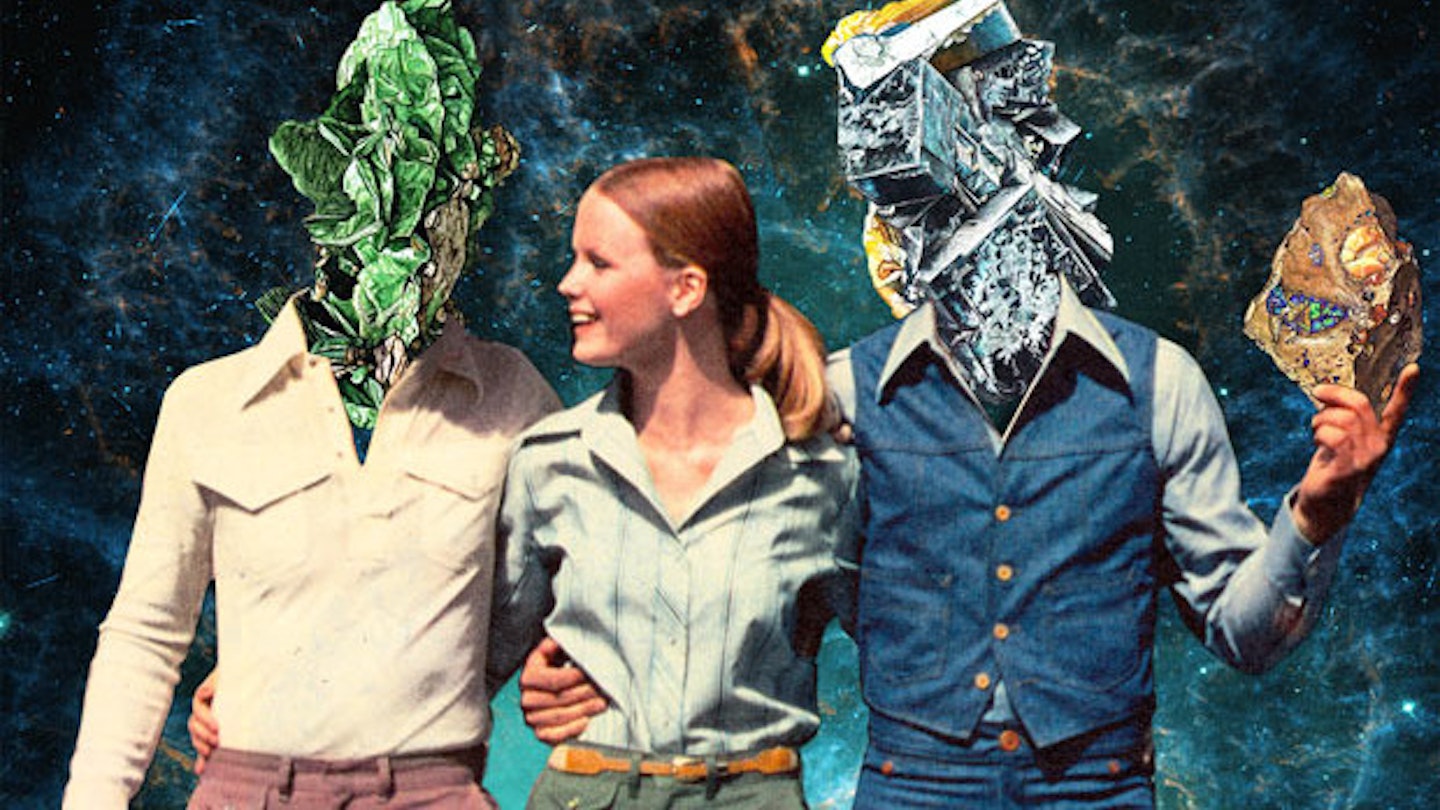I’m demanding a refund. Or at the very least, an apology. We’ve all been totally mugged off. Despite millions of years of trial and error there’s a fundamental design flaw in human beings, or more specifically, in (some) women. What am I referring to dear reader? Why, evolution’s biggest scam.
Why oh why are there a whole bunch of women out there (myself included), who are consistently attracted to bad guys, while nice guys get a one-way ticket to the friend zone? Back when the blueprints were being drawn up for our romantic feelings, someone seriously fucked up. And we’re all doomed to suffer the repercussions. For ever and ever.
Or, are we? Maybe we can stop this disruptive nonsensical thing from happening (whatever it IS that’s happening). What if the continued perverted dismissal of guys whose only flaw is that they’re ‘too nice’ can actually be stopped right here?
We’ve enlisted the help of two very expert minds in the matter: the first, psychologist Rachel MacLynn, the second Vida Consultancy Matchmaker Jacqueline Burns, to see if they can shed some light on WTF is going on and if we can make it stop. (Please, make it stop.)
Why we’re less attracted to nice, emotionally available guys...
Sadly, some of us we were born this way. ‘It is human nature to strive for things that are more difficult to obtain,’ claims Rachel. ‘Women are stronger than ever, more self assured, know their own minds and look after themselves. However, at the same time, women still like men to be men.’
As a gay and lesbian matchmaker, Jacqueline sees it from a different point of view and as it turns out, gay guys suffer from the same thing. ‘Men are often seeking someone equal to themselves in terms of kindness,’ she explains. ‘However, it's the indifferent, overly self-assured men that turn heads. Why? Because those that are hard to pin down, and don’t cater to your every need, are harder to get.’
Put simply: the rarer the commodity, the more we want it.
What is it about nice guys that makes girls less attracted to them?
According to Rachel, it’s all about Equity Theory. ‘Equity Theory, suggests that people are more satisfied in a relationship where there is give and take. As long as the contributions are equal, the relationship remains stable and happy.’
So actually, it’s like totally their fault for making the relationship unbalanced. Kind of. Maybe.
Being too nice is scientifically proven to be a bad thing. (Let’s just give up and go home now.)
Here, Jacqueline is referring to a common theory among psychologists that doing nice things for someone who asks you to doesn’t actually put you in better favour with that person.
‘They become complacent and expectant that you will do these things, therefore not appreciating them,’ she says. ‘Those who do not pander to our every need, their small and random acts of kindness are noticed and appreciated. Not taken for granted.’
Not that anyone’s take out from this should be to just start acting like a massive dick, FYI.
Fear not, there might be a way to stop being put off by people being nice.
A good way of addressing this situation, if you’re close enough that it’s not weird, is to talk about it. Who’d have thunk it.
‘If a man is being too nice, it’s important to be honest,’ Jacqueline says. ‘A lot of the time, all we need is space and independence. Explain, you can do it yourself. Even think about doing nice things back; make them happy. It will feel good!’
Sounds almost alright, doesn’t it?
Fortunately, we might all grow out of it. Might.
‘Later in life, as we become more self-assured in who we are, our values, and what is important to us, so we look for someone who will fit into our lives,’ Jacqueline says. ‘However, the younger we are, the more the unachievable is the most desirable.’
Thank God for that.
**Like this? You might also be interested in: **
Ask An Adult: What Physically Happens When You Have A Broken Heart?
How To Stay Friends With Your Ex Without Looking Like A Desperate Loser
Polly Vernon: Being Fancied And Fancying People Is One Of The Purest Pleasures I Know
Follow Tabi on Twitter: @tabijgee
Picture: Eugenia Loli
This article originally appeared on The Debrief.
